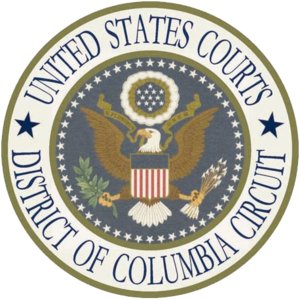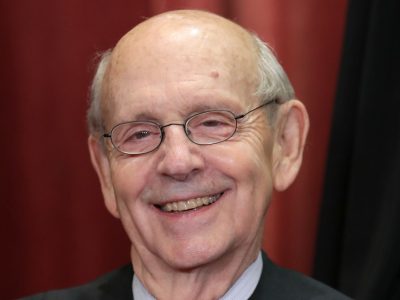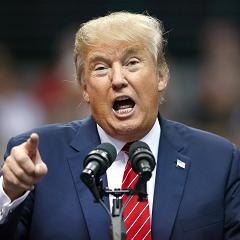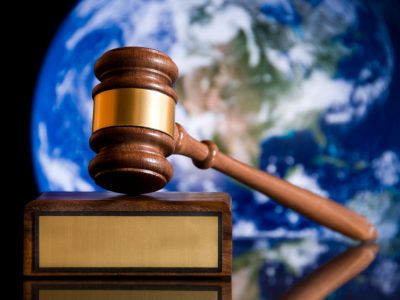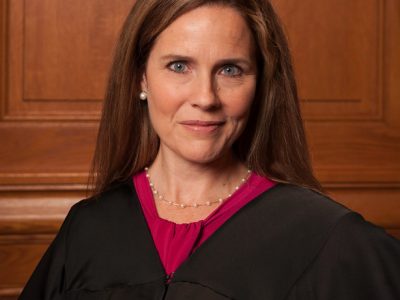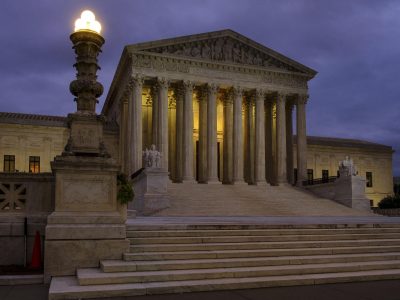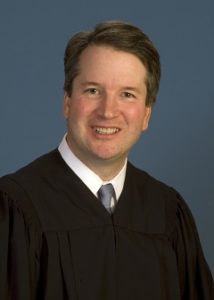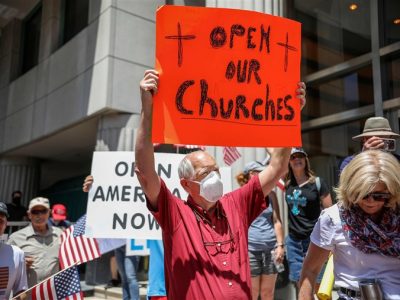Supreme Court
The Nondelegation Doctrine and Its Threat to Environmental Law
Here’s what the doctrine means and why it has suddenly become so significant.
If you ask Supreme Court experts what keeps them up at night, the answer is likely to be the non-delegation doctrine. If you are among the 99.9% of Americans who’ve never heard of it, here’s an explainer of the doctrine and what the 6-3 Court might do with it. What’s the nondelegation doctrine? Simply put, …
Continue reading “The Nondelegation Doctrine and Its Threat to Environmental Law”
CONTINUE READINGLiberal Judges Embrace Textualism
Why are these judges suddenly so enthusiastic about Justice Scalia’s approach to reading statutes?
Two of Trump’s major regulatory efforts were recently thrown out by the D.C. Circuit. The liberal judges who wrote the opinions latched onto a conservative theory called textualism, which was most prominently advocated by Justice Antonin Scalia. While judges in an earlier era tried to interpret Congress’s intent in writing a law, textualists focus solely …
Continue reading “Liberal Judges Embrace Textualism”
CONTINUE READINGJustice Breyer’s Nuanced Voice for the Environment
Not much for rhetoric, but a reliable vote for environmental protection.
Given Justice Breyer’s announced retirement, it seems like a good time to assess his contribution to environmental law. When Bill Clinton nominated him for the Supreme Court, there was a great deal of uneasiness among environmentalists about Justice Breyer. As an academic, he had sounded a cautious note about government regulation, calling for more deliberation …
Continue reading “Justice Breyer’s Nuanced Voice for the Environment”
CONTINUE READINGWhat Could Trump Do with Four More Years?
He’s already rolled back almost everything Obama did. What next?
Given that Trump has rolled back nearly all of Obama’s regulatory efforts, what further harm could he do? Quite a bit as it turns out. If you agree with him that regulation achieves nothing and only stands in the way of prosperity, that should make you very happy. To begin with, Trump can do more …
Continue reading “What Could Trump Do with Four More Years?”
CONTINUE READINGTaming Textualism: A Guide for Environmental Lawyers
How to Argue Cases to Conservative Judges
Textualism is the dominant method of interpreting statutes among conservative judges. It purports to base interpretation on the “ordinary meaning” of the statutory language. This approach ignores traditional tools of statutory interpretation like considering what was actually said in Congress. Ignoring what Congress actually intended seems odd to me. Still, lawyers have to make arguments …
Continue reading “Taming Textualism: A Guide for Environmental Lawyers”
CONTINUE READINGRemoving Climate Liability Plaintiffs from State Court Could Create Logjam in Federal Courts
The U.S. Supreme Court is set to decide a nuanced issue of procedural law that could create a loophole which would dramatically expand the reach of federal appellate jurisdiction and prevent climate plaintiffs from suing oil companies in state court.
As recent extreme heat waves, hurricanes, and wildfires across the country have elevated public concern about the widespread and harmful effects of climate change, the U.S. Supreme Court granted certiorari this month in a climate liability case called BP P.L.C. v. Mayor and City Council of Baltimore. In short, the City of Baltimore sued a …
CONTINUE READINGBarrett on Standing & Judicial Deference
Her mentor was Scalia, but her style is more like Souter.
With the help of my research assistant, I’ve collected cases by Judge Barrett dealing with standing issues and deference to administrative agencies. Both topics are very relevant to the environment.al crisis. You really can’t draw firm conclusions about her views on these doctrines, but you can draw conclusions about her style. She sticks close to …
Continue reading “Barrett on Standing & Judicial Deference”
CONTINUE READINGFighting Global Warming in a Chilly Judicial Climate
A 6-3 conservative court is bad news for climate action. Here’s a threat assessment.
With Romney’s announcement this morning that he would support consideration of a nominee before the election, it now seems virtually certain that Trump will be able to appoint a sixth conservative Justice. How will that affect future climate policy? Here is a preliminary threat assessment. The answer varies, depending on what policies we’re talking about. …
Continue reading “Fighting Global Warming in a Chilly Judicial Climate”
CONTINUE READINGThe Kavanaugh Court and the Environment
A new appointment would make Justice Kavanaugh the swing voter. Here’s what that would mean for environmental law.
A new appointment by Trump would shift the Supreme Court well to the right, making Brett Kavanaugh the swing voter in many cases. Kavanaugh has clear views about the powers of agencies like EPA. With him as the swing voter, the main strategy used by Obama to make environmental progress would be off limits for …
Continue reading “The Kavanaugh Court and the Environment”
CONTINUE READINGConstitutional Rights in a Pandemic
When does public health override individual rights?
Lockdowns and social distancing impinge on activities that are protected by the Constitution. That’s been true in many states of church services and in some states of abortion. When the cases have come before they courts, they have often turned to a 1905 Supreme Court case decision, Jacobson v. Massachusetts, which upheld a state law …
Continue reading “Constitutional Rights in a Pandemic”
CONTINUE READING





